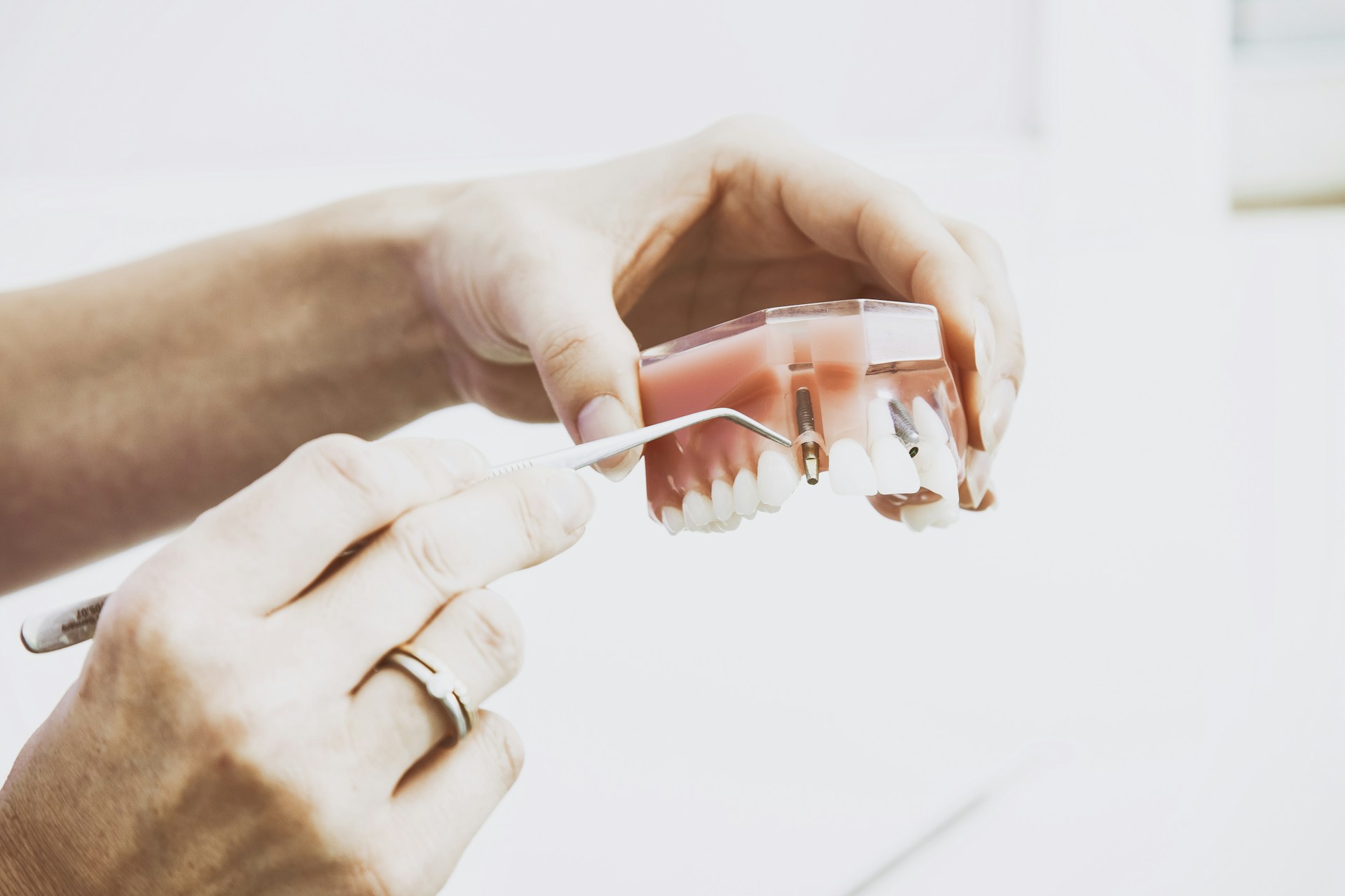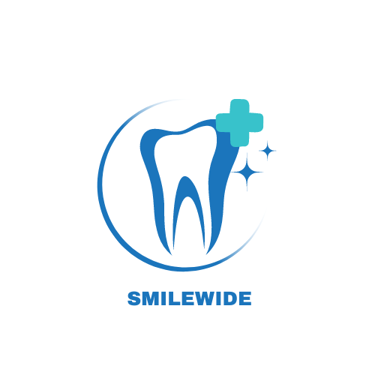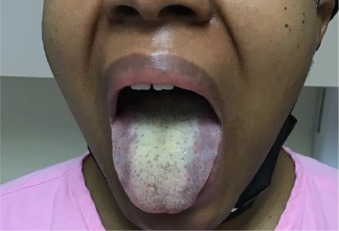SMILE- It costs nothing !!!
Managing Chemo Tongue: Tips & Strategies
Chemo tongue is a common side effect of cancer treatment, leading to changes in taste and oral discomfort. Discover effective management strategies and tips for maintaining oral health during chemotherapy. Learn how to alleviate symptoms and improve your quality of life.
11/20/2024
Chemo Tongue
Chemo Tongue, often referred to as "chemo mouth," is a condition experienced by many individuals undergoing chemotherapy.
This condition involves changes in the tongue and oral environment, leading to discomfort, altered taste, and difficulty in eating or speaking.
What is Chemo Tongue?
Chemo Tongue is a side effect of chemotherapy where the tongue appears discolored, swollen, or coated, often accompanied by sores or a burning sensation.
It is primarily caused by the impact of chemotherapy on the rapidly dividing cells of the mouth, disrupting the natural balance and health of oral tissues.
Related : Dangers of using tobacco products in mouth
Causes of Chemo Tongue
Impact on Rapidly Dividing Cells
Chemotherapy targets rapidly dividing cancer cells but also affects healthy cells in the mouth, including those on the tongue.
Reduced Saliva Production
Chemotherapy can cause dry mouth (xerostomia), which reduces saliva's protective role, leading to irritation and susceptibility to infections.
Altered Oral Microbiome
The treatment can disturb the balance of bacteria and fungi in the mouth, potentially leading to conditions like oral thrush.
Nutritional Deficiencies
Appetite loss or difficulty eating during chemotherapy can result in deficiencies that exacerbate oral symptoms.Related : Oral candidiasis-what is it?
Symptoms of Chemo Tongue
A burning or tingling sensation in the tongue.
Swollen, inflamed, or tender tongue.
Metallic, bitter, or altered taste perception.
White or yellow coating on the tongue.
Cracks or sores on the tongue.
Difficulty eating spicy or acidic foods.
How to Manage Chemo Tongue
While chemo tongue can be distressing, several strategies can help alleviate its symptoms:
Oral Hygiene
Brush gently using a soft-bristled toothbrush.
Use mild, non-alcoholic mouth rinses.
Rinse with a solution of salt and baking soda to maintain oral pH.
Hydration
Drink plenty of water to prevent dryness.
Suck on ice chips or use saliva substitutes for moisture.
Dietary Adjustments
Avoid spicy, acidic, or rough foods that can irritate the tongue.
Opt for soft, bland foods like mashed potatoes, yogurt, and smoothies.
Use plastic utensils to minimize metallic taste.
Medications
Topical anesthetics or soothing gels can reduce discomfort.
Antifungal or antibacterial treatments may be prescribed if infections develop.
Professional Care
Visit your dentist or oncologist regularly for oral health monitoring.
Seek guidance for specific treatments tailored to your condition.
Preventive Tips
Use fluoride toothpaste to protect teeth from decay during chemotherapy.
Avoid tobacco and alcohol, which can worsen irritation.
Discuss any persistent symptoms with your healthcare provider promptly.
Chemo Tongue is a challenging yet manageable side effect of chemotherapy.
By adopting proper oral care practices and seeking timely medical advice, individuals can reduce its impact and improve their quality of life.
Always consult with your healthcare team to tailor management strategies to your specific needs.
If you're undergoing chemotherapy and experiencing oral discomfort, remember that you're not alone.
Support and solutions are available to help you navigate this journey with greater ease.

Contact Smiles
drdeepi15@gmail.com
Dr. Deepika B.D.S
© 2025 SmileWide Dental. All Rights Reserved.
Have doubts ..?


